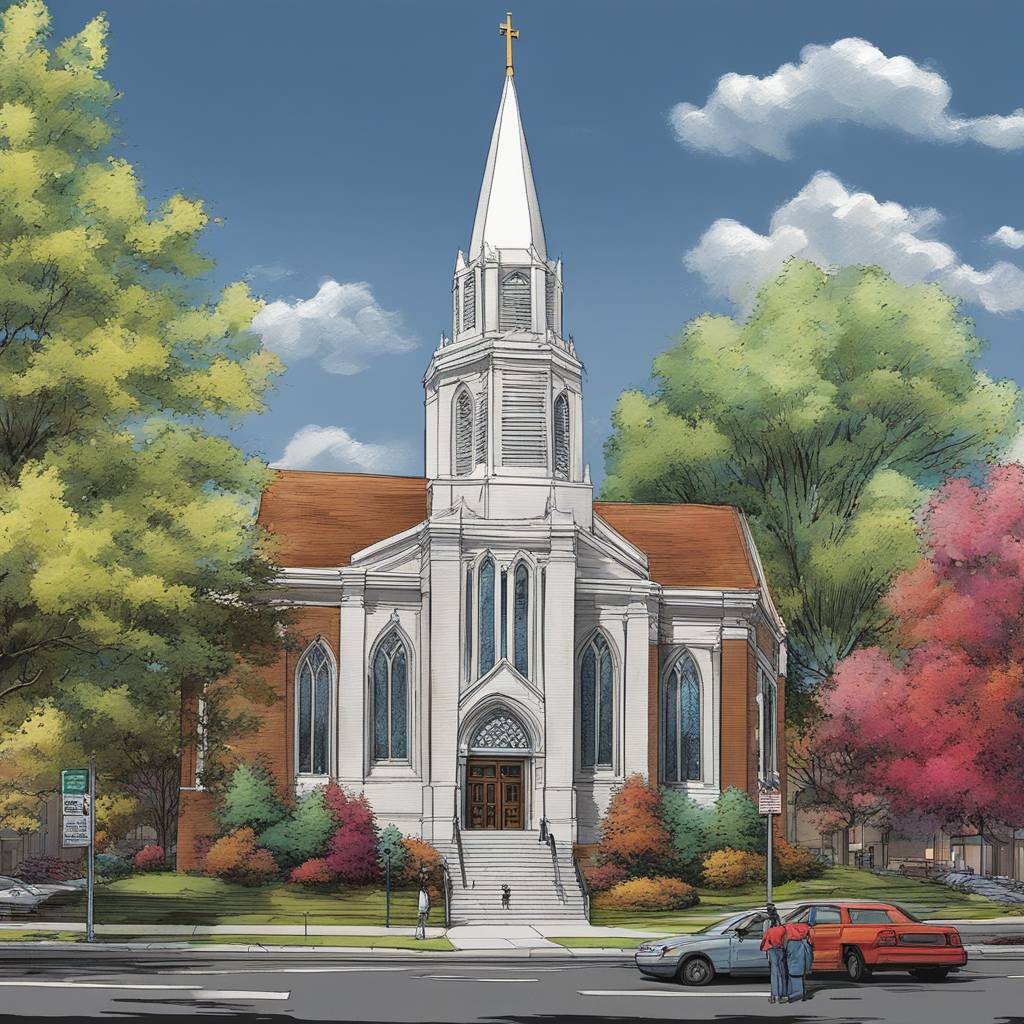A federal judge has ruled against the city of Brookings, Oregon, in a First Amendment case involving a church’s homeless meal service. The ordinance passed by the city in 2021, which required a permit to serve free food in residential areas and limited the church’s meal services to two days a week, was found to violate St. Timothy’s Episcopal Church’s religious freedom rights. The church has been serving free meals to the homeless since 2009, and the city’s restrictions were deemed unconstitutional by the judge.
Rev. Bernie Lindley from St. Timothy’s Episcopal Church expressed that serving meals to the homeless is a way for the church to express its religious beliefs and care for those in need. Despite the city’s ordinance and the complaints it received from some residents due to the increased demand for meals during the COVID-19 pandemic, the church decided to extend its services to six days a week. This led to a legal battle with the city, which sought to limit the church’s operations.
While the federal judge’s ruling keeps the meal service in place, the city and the church are still engaged in other legal conflicts. Brookings has requested the church to stop providing shower and advocacy services, which the church has appealed. The ongoing disputes highlight the challenges faced by religious organizations that seek to provide essential services to their communities, especially to vulnerable populations such as the homeless.
The case in Brookings reflects a broader trend of growing attacks against churches and religious institutions, as highlighted in a report warning about the increasing disdain for Christianity. The church’s decision to take legal action against the city’s restrictive ordinances demonstrates its commitment to upholding its religious freedom rights and continuing to serve those in need despite facing opposition and challenges from local authorities.
The fight between St. Timothy’s Episcopal Church and the city of Brookings underscores the importance of protecting religious freedom and ensuring that churches can fulfill their mission of caring for marginalized communities. The federal judge’s decision to strike down the city’s ordinance sets a precedent for defending the rights of religious organizations to carry out their charitable activities without undue interference from local government regulations.
As the legal battles between the church and the city continue, it is crucial for both sides to find a resolution that respects the church’s religious beliefs and values while also addressing any legitimate concerns raised by the local community. The case serves as a reminder of the ongoing struggle to balance religious freedom with public health and safety considerations, especially during times of crisis such as the COVID-19 pandemic. Ultimately, the outcome of this dispute will have implications for how churches and other religious organizations can continue to serve their communities without facing unwarranted restrictions.


